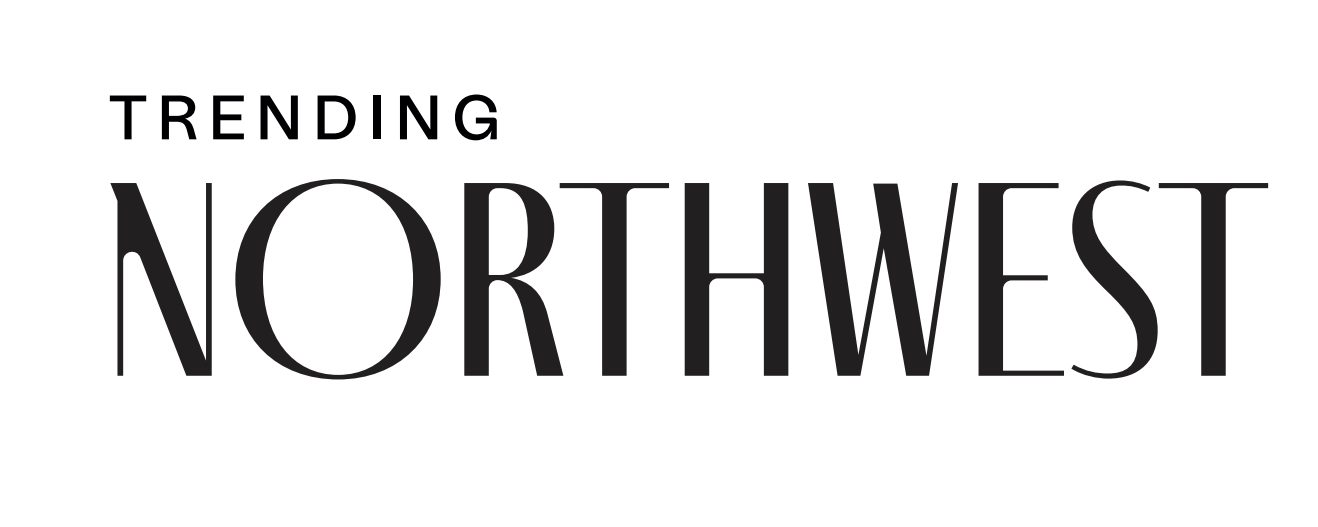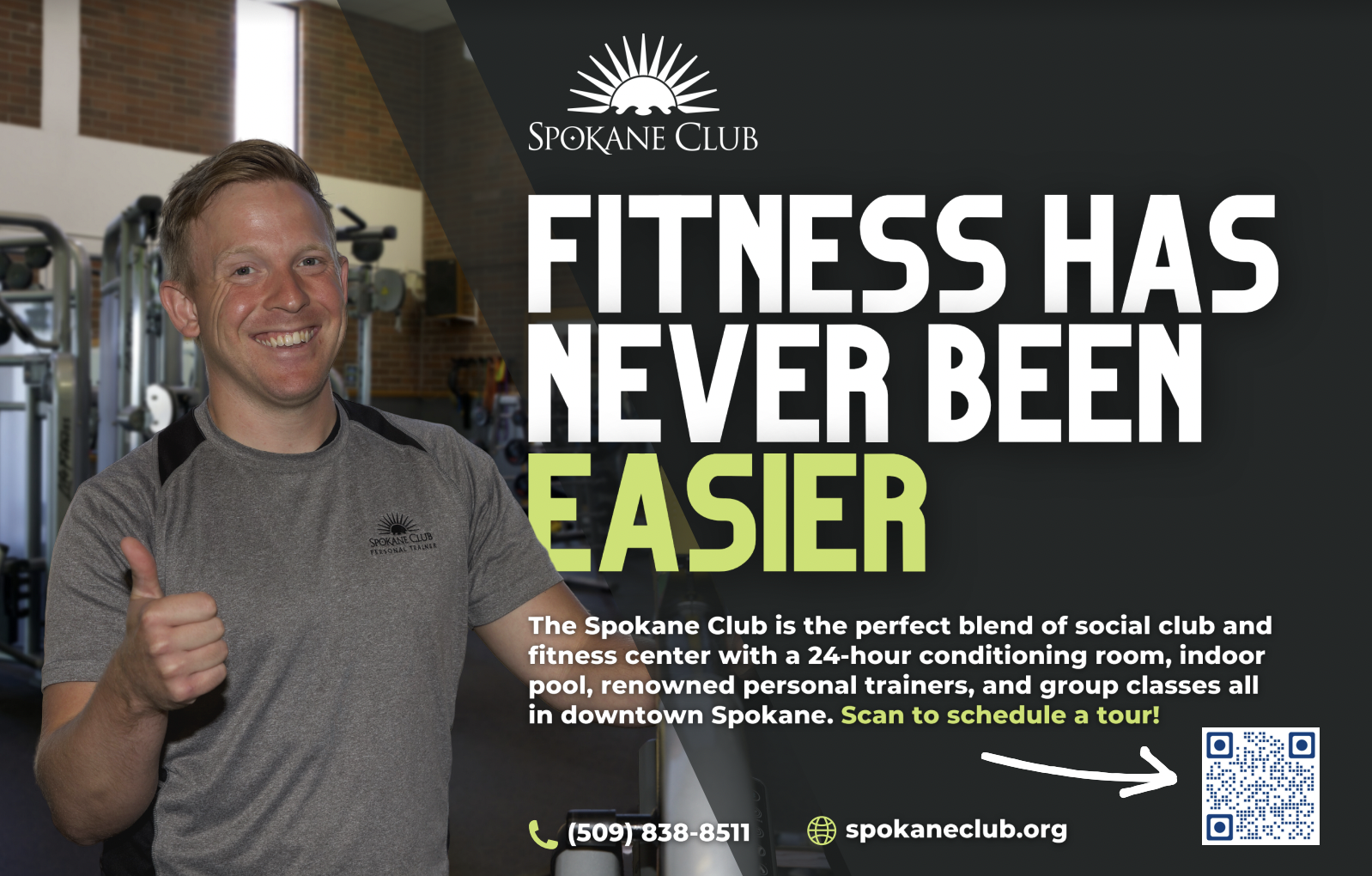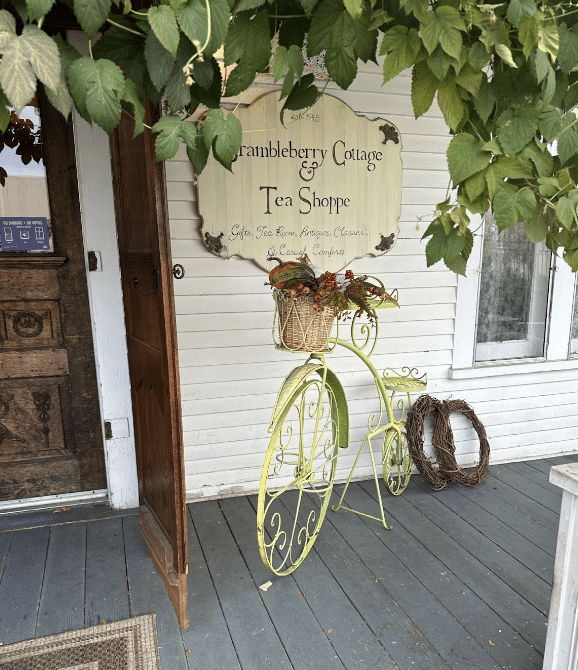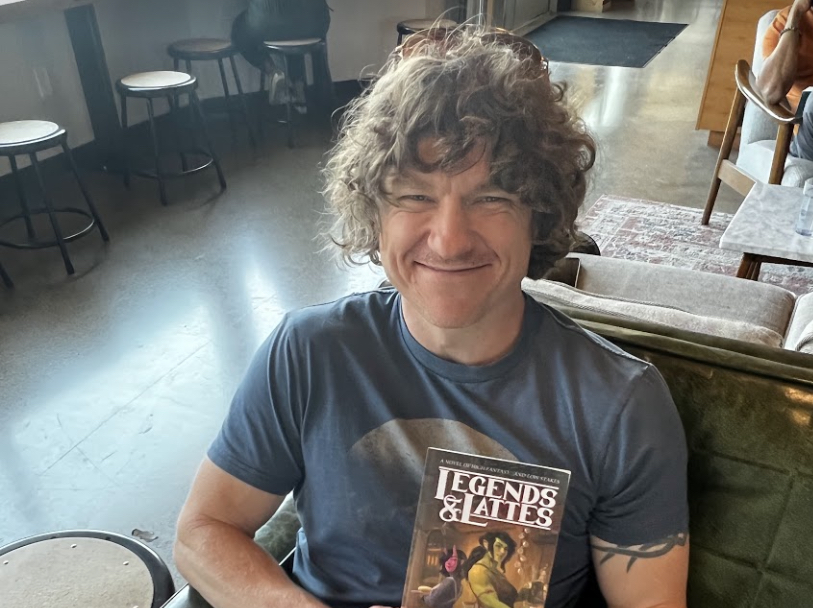Let’s Talk Menopause: 5 Tips to Make Life Better (and Easier)
There has been a “miss” related to the natural change that women, or more specifically people born with ovaries, experience in their lifetime. I am talking about menopause. In elementary school, we all learned the basics about puberty, reproduction, and the expected changes the body will experience (which was also tremendously lacking in my opinion and is thankfully progressing to be more inclusive).
However, even well after our school-age years, no one taught us about menopause, or the two-to-ten-year period leading up to menopause called “perimenopause.” People have been coping, often needlessly suffering, through this inevitable time in life due to lack of education, misinformation, and lack of resources.


The Basics of Menopause
Menopause is defined as the time when someone has gone 12 consecutive months without a menstrual period. After this milestone, the person is “in menopause.” However, perimenopause often begins in the mid-to-late 40’s, but for some can begin as early as the late 30’s.
Everybody is different, as is everyone’s unique experience with the menopausal transition. Some people skate through with very little disruption to their daily lives until menstruation stops. Others are affected by life-altering symptoms such as poor sleep, hot flashes, weight gain, decreased libido, joint pain, gastrointestinal issues, brain fog and mental/emotional health changes (like rage, mood swings and anxiety).
All these symptoms are mostly attributed to the natural decline in estrogen, normally released from the ovaries each monthly cycle. With less estrogen produced and released into the body, people experience menopause in a myriad of ways.
Thankfully, menopause is being talked about more often these days. From Drew Barrymore to Michelle Obama, even celebrities are talking about menopause. Do I dare say menopause is becoming a “buzzy” topic? This is great progress. We need to be talking about menopause and normalizing this natural transition in life.
Arm yourself with the following tips, and you will not only own your menopause journey, but also protect your health in menopause and beyond.
- Educate yourself. Since you may have missed the education of menopause (don’t worry – most of us did), start reading up on this normal and natural transition. There are incredibly informative resources out there, such as Menopocalypse: How I Learned to Thrive During Menopause and How You Can Too by Amanda Thebe (a fun and humorous read), Hot and Bothered: What No One Tells You about Menopause and How to Feel Like Yourself Again by Jancee Dunn, and countless podcasts and blog articles from reputable and scientific menopause experts (be wary of those trying to sell you a quick fix or unproven supplement related to menopause).
- Talk with your doctor. Make an appointment with your OB/GYN, who can speak to you about menopause, and review your own health history and menopause symptoms to determine what type of medical interventions, if any, you are a candidate for (such as hormonal or non-hormonal medications; both can be safe and effective). If you are not confident about meeting with your current practitioner, try a telehealth company such as Gennev-a virtual menopause clinic offering integrated care with a board-certified OB/GYN, Registered Dietitian Nutritionist and mental health clinician as needed.
- Check in with your metabolic health. While talking with your doctor, ask to have your cholesterol, blood sugar, and blood pressure checked. Heart disease, insulin resistance (or pre-diabetes), and Type 2 diabetes are among the top diseases women encounter during midlife and certainly in their post-menopausal years. The good news? There are preventative measures for these diseases via healthy nutrition, regular physical activity, proper sleep, and stress management.
- Get moving (for the sake of your bones). As we age, we naturally lose muscle through a process called sarcopenia. In people born with ovaries, this is due to the decline of estrogen. To prevent osteoporosis, we need to use that muscle mass to protect our bones. It’s a bit of a “use it or lose it” with muscle composition as we age. The best thing to do now is strength/resistance training on a regular basis. This could be lifting weights, practicing yoga or Pilates, using your body weight as resistance, and even walking, swimming, dancing, or hiking. Most movement is good for your bones, so keep moving. If you already have been diagnosed with bone disease, check with your doctor or physical therapist for recommended exercises.
- Eat a balanced diet (and stop dieting). Diets are less likely to work in the long-term. Find a sustainable approach to food in a way that feels doable… forever. This means not excluding any major food group or macronutrient (such as going extremely low-carb). Eat more fiber-rich plants, less processed foods, enough lean or plant protein, and include heart-healthy fat and all the treats and alcohol in moderation. Additionally, some menopause symptoms can be treated naturally through supplements such as magnesium to support sleep and anxiety. Talk with a Registered Dietitian Nutritionist to address your specific questions about how to optimize your nutrition during menopause and into midlife.
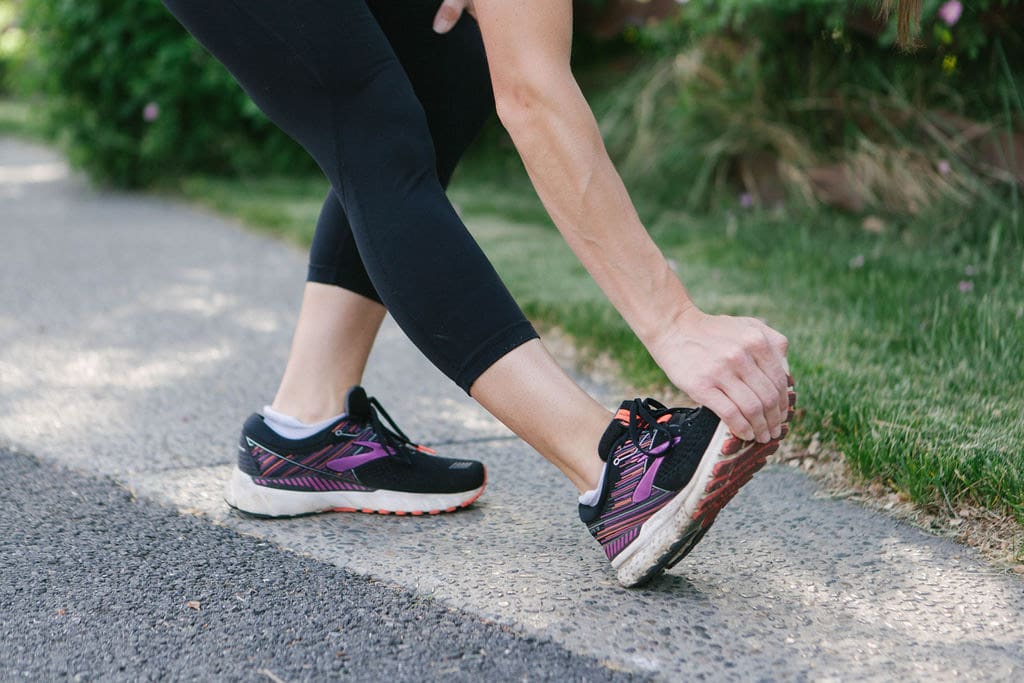

Menopause and its precursor, perimenopause, have long been overlooked in our education and awareness efforts. This natural life transition can bring a range of physical and emotional changes, yet many remain unprepared due to the lack of information. Thankfully, there is a growing conversation about menopause in today’s society, with prominent figures sharing their experiences. This increased awareness is a crucial step in normalizing this phase of life.
To navigate menopause successfully and safeguard your long-term health, it’s essential to educate yourself about this transition, seek guidance from healthcare professionals, and prioritize your metabolic and physical well-being. Regular exercise, balanced nutrition, and monitoring key health indicators can make a significant difference in your journey through menopause and into the vibrant years that follow. By taking proactive steps and embracing this natural phase with knowledge and confidence, you can ensure a fulfilling and healthy life beyond menopause.
Monika Jacobson
After growing up in the Inland Northwest, Monika Jacobson earned her Bachelor’s degree in Human Nutrition and Dietetics at Washington State University. She moved to the west side and worked as a Registered Dietitian Nutritionist in a myriad of settings–from luxury health clubs, to coaching athletes with sports nutrition, to home health clinical nutrition and various start-ups in Seattle-focused scientific wellness and genetics. After moving to Spokane with her family, she created Eat Move Thrive-Spokane because she wanted to transform people’s lives by teaching them how to make healthy food taste good. At Eat Move Thrive-Spokane, Monika teaches adult and kid cooking classes (online and in-person) and coaches clients one-on-one with their wellness goals centered on nutrition. She discusses how stress, sleep, hormones, and overall mental health affect the decisions we make about food.
